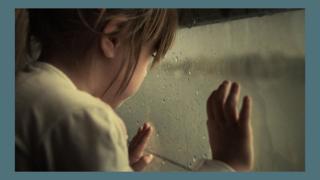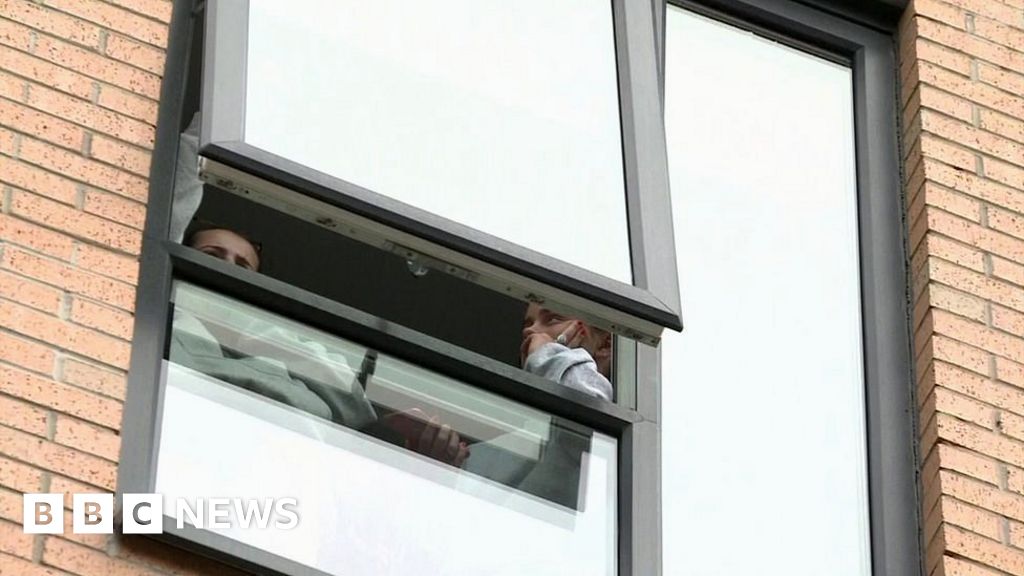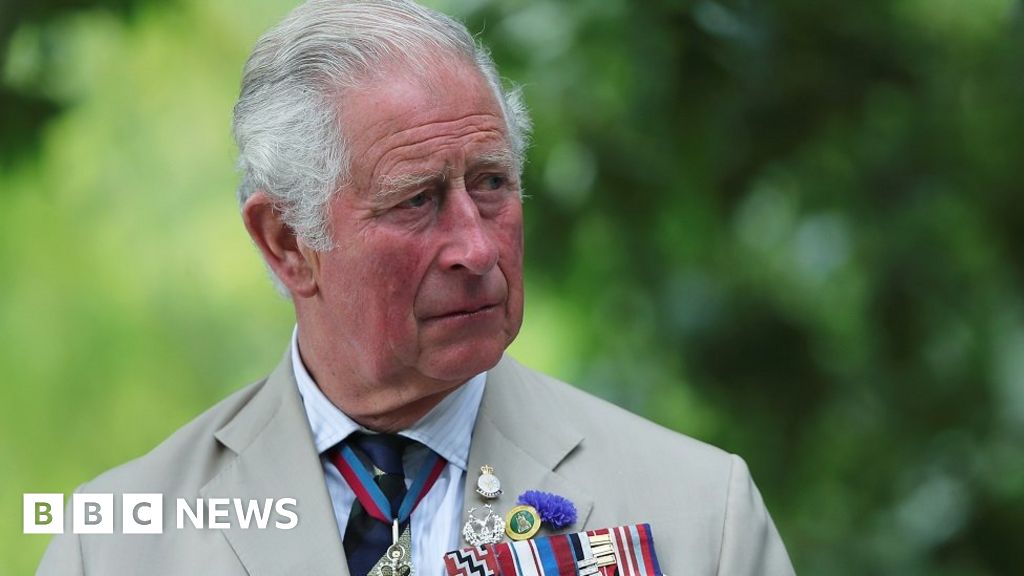 Image copyright
Getty Images
Image copyright
Getty Images
The death of a parent is particularly distressing and destabilising for a child. But then to lose the care and attention of the surviving parent can cause a damaging sense of abandonment; a crack in a young person's foundations. Three women have spoken to the BBC about this experience.
'I feel like I don't have a family'
"I absolutely hated him and I still feel a lot of that hatred now, thinking of the things they did and said. We were just children and we'd just lost our mum and we really needed our dad to be around and be more considerate about how it was for us."
Catherine was 13 when her mum died from cervical cancer. It wasn't long before her dad found someone new.
Catherine remembers it was a Friday when her mum died. She was at school that day and got to the hospital too late to say goodbye.
"It had pretty much just happened because the machines were still on so we literally just missed it," she says.
Her dad had shown little support in the lead-up to his wife's death, at times leaving Catherine to look after her while he jetted off for weekend trips with Catherine's two brothers.
She recalls the day she was told his new partner would join them on their annual camping trip, a year from her mother's death.
"I remember feeling excited and thinking 'this will be great'. I didn't have a sister and she had a daughter the same age as me."
But her stepmum didn't want her daughters to have anything to do with her.
Tears followed. Her dad didn't mind, she says. Far from that, he "kissed and groped" his new partner in front of everyone.
"We were heartbroken. It was just rubbed in our face."
Catherine's relationship with her stepmum reached breaking point when she was 15. It was Father's Day and they were arguing.
"I was sat on the bed and I remember her saying to me, 'well I am your new mum now'.
"I lost it as it is the most upsetting thing you can say to someone who has just lost their mum, because obviously they are irreplaceable."
Her childhood home was then sold, and her dog given away as her stepmum didn't want him. Her dad bought a new house, but Catherine "wasn't invited".
"There was a period of time where I didn't really know where I was going to live," she says.
Catherine got in with the wrong group of people and started drinking and taking drugs.
"From the moment my dad met this woman we were just left to fend for ourselves. There was just no parental guidance."
Image copyright Getty ImagesThe teenager was eventually told she could return home, and she took up the offer as she had "limited options".
"You feel like you are clinging on to other families and people are kind but you always feel like the odd one out.
"Before my mum died we were all such a close family, everything was a celebration.
"And literally when my mum died it was a completely different life... and from that time on we all did what we had to do to survive - and that for me would be spending as much time out of the house as possible."
Catherine left her family when she went to university.
The then 18-year-old had almost no contact with her father for the next six years, when she received news he'd got cancer too.
She visited him a handful of times before he died six months later. She says she read remorse all over him during their last few hours together.
"I think he knew exactly what happened and he regretted it massively."
Catherine, who has been married for two years, says her experiences have shaped the person she is now.
"I think I'm quite strong and independent but I think the thing I struggle with most is feeling like I don't have a family."
'What about me?'
Image caption Vanessa lost her dad at the age of 14"From the age of 20 I've had no parental input. It has left me with self-esteem issues so I kind of grabbed on to any man that has been willing to be with me in any way without actually thinking 'what do I need from him?' I think I was trying to replace what I had lost - a family."
Vanessa had always been very close to her dad but he killed himself when she was 14.
"I had an idyllic first 11 years with my mum and dad and older sister, a family dog, and we lived in a nice house in Oxford and everything was fine," Vanessa recollects.
But all that changed after her dad's death, when her mother started going out more.
"Although I was absolutely fine with that, I felt somewhat neglected. I was sort of shunted to anyone who could have me for the night," Vanessa says.
She turned to drink and drug-taking, something she believes is quite common for bereaved young people to do in a "life-affirming sort of way".
"When you do risky things you feel alive but you're also saying 'death come and get me'", she explains.
Her mum found a new partner a couple of years later, at which point there "was no time spent with me, she was too busy doing her own thing".
"I don't think I felt angry; part of me felt relieved she didn't give me much attention because I would have the freedom of doing what I wanted.
"Indignant is the right word because I thought: 'What about me?'"
Image caption She says her children are "the best thing in my life"Vanessa was 19 and a university student in Aberdeen when her mother was diagnosed with a type of bone marrow cancer. Vanessa returned to Oxford to help her but her mum only lived for another year.
The 56-year-old, who works for Cruse Bereavement Care, says she is happy her mother rebuilt a life for herself following her dad's death, but having her around would have "absolutely changed" things.
"She was bothered but she wasn't present - that was the issue."
Vanessa, who has been through three failed marriages, says she feels her parents didn't purposely abandon her, but that is nonetheless the feeling she's been left with.
"I find it hard to value myself, which may come from a sense of abandonment," the mother of two says.
"It's been a funny old journey, but I'm fine. That old saying 'what doesn't kill you makes you stronger', I think to some extent it's true.
"I am a tryer, I don't give up."
'Keep the dead parent's memory alive' - a therapist's insight
Image copyright Getty ImagesDr Reenee Singh, CEO of the Association of Family Therapy, says there are many examples of step-parents doing a wonderful job.
However, she recommends the surviving parent should take their time before beginning a new relationship.
"If a child doesn't know what is happening and suddenly finds themselves in a brand-new situation, that can really be detrimental to a child's mental health."
Building a new life is a "complex" task for everyone concerned, the clinical practitioner says.
"The dilemma is how a new couple can form their own identity and a new family, and at the same time keep the dead parent's memory alive in the right way."
Dr Singh points out that a child might be resentful towards the surviving parent, if they feel like they are "too caught up with their new family".
She says it's "very helpful" for the development of the bereaved child - and spouse - to maintain a relationship with the family of the deceased parent, but she points out that the new partner can be hesitant to help with this as they might "want to distance themselves from the ghosts of the past".
"The new partner should allow those links to flourish without feeling terribly threatened or overly possessive about the widowed parent," says Dr Singh.
'He turned to drinking every night'
"When they married, everything changed. We rarely saw my dad as they were building their life together. He even said he might not be able to come to my graduation."
Leila was 19 when her mum died of breast cancer after about 10 years of on-and-off treatment.
"My dad did it all," Leila says, as she detailed the level of care her mother needed.
"After being ill for so long and in such pain at the end it was almost a relief when she died. I went back to uni and for me life returned to normal," Leila, from the south-west of England, says.
Her dad stayed at home looking after her 16-year-old sister, but Leila was becoming more independent and often went out with friends.
"He turned to drinking every night and would say things like he'd gone to the supermarket for company," Leila says.
But her dad met a woman soon after and married within a year.
Leila describes her stepmum as the "complete opposite" to her mother.
Image caption Leila wishes her mother could have met her children"Our mum had given it all up to raise us and give us a secure, loving family life and had taken night jobs as a barmaid or on the tills in the supermarket so she could bring us up in the day.
"Our stepmother had never married or had children and had concentrated her life on her teaching career and travelling in the holidays."
Leila is now 47 and has three children but "things haven't changed", as her dad and his wife live in a remote location and have "cut themselves off from outside life".
Her dad and stepmum say they "adore" her children but have "little involvement" in their lives.
"I feel quite resentful that life would have been so different if my mum had survived.
"She would have been part of their upbringing and seen them on a regular basis."
If you've been affected by any of the issues in this story, you can find help here.
Some names have been changed

 5 years ago
859
5 years ago
859 
